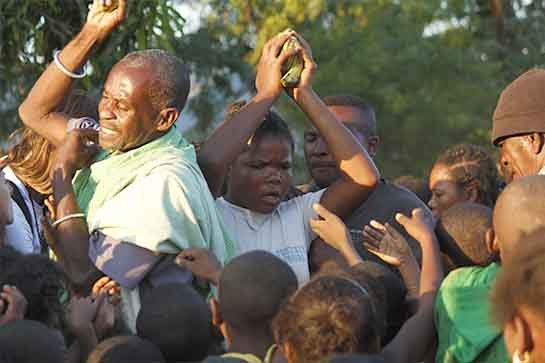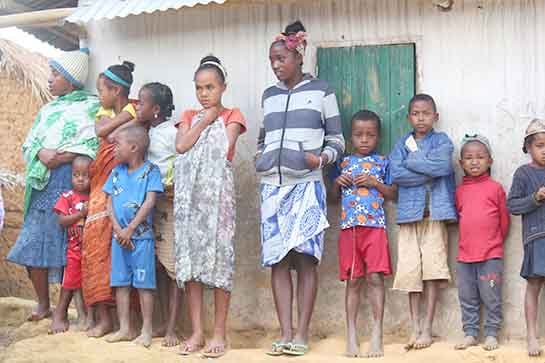Family’s structures
It’s often described as patriarchal.
The Malagasy family structures
The family structure in Madagascar is often described as patriarchal, where the head of the family is generally considered the primary authority. However, this does not mean that family decisions are exclusively made by the husband. On the contrary, decision-making dynamics within the Malagasy family often rely on a subtle balance between the husband and wife, each bringing their perspectives and concerns to the table.
Important decisions, whether concerning finances, children’s education, future projects, or other aspects of family life, are often made jointly by the couple. Open communication and mutual respect are essential pillars of this decision-making process, allowing both partners to express themselves, listen, and find solutions that work for everyone.
Ultimately, although the patriarchal structure may be present in Malagasy society, decision-making within the family is often the result of close collaboration between the husband and wife, thus reflecting the values of equality and solidarity that are cherished in Malagasy culture.
Masculine gender
The spokesperson is always a man or a child who already knows how to express himself because the male gender is always the leader, and with that, age does not matter.
For a Cultural visit, if there is a 30-year-old woman and a 18-year-old boy visiting a household, then it’s always the boy who speaks first and then the woman adds.
However, it is important to note that family dynamics evolve over time, and an increasing number of Malagasy families are adopting more egalitarian approaches to speaking and decision-making. Attitudes and traditions are gradually changing, allowing for a greater diversity of voices and opinions within Malagasy families.
It is true that in certain social or traditional circumstances in Madagascar, the spokesperson is often a man, in line with the patriarchal structure of society. However, this practice may vary depending on regional contexts, specific situations, and particular family dynamics.
While the male gender may traditionally be associated with the role of spokesperson, age and the ability to express oneself also play an important role. Thus, in the scenario you described, where a 30-year-old woman and an 18-year-old boy are present, it is possible that the boy is chosen to speak first due to his male status, even though he is younger, while the woman would then intervene.
This approach demonstrates balanced respect towards both genders, recognizing the value and unique perspectives that each family member can bring to the discussion. By giving voice to everyone, regardless of gender or age, an atmosphere of collaboration, listening, and mutual respect within the family is promoted. This also recognizes the contribution and importance of women in the decision-making process while preserving the dignity and role of men in family dynamics. This egalitarian approach contributes to strengthening family ties and fostering an environment where each individual feels heard and valued.
In summary, in the rich cultural tapestry of Madagascar, diversity is the cornerstone that unites the threads of multiple origins and traditions. From legendary Vazimba to Arab, Indonesian, and African influences, each element has contributed to shaping the island’s complex and dynamic identity. This diversity manifests not only in customs, languages, and craft practices but also in family structures and social dynamics.
While Malagasy society is often described as patriarchal, it is also marked by traditions of mutual respect and collaboration within the family. Family decisions are made jointly by the husband and wife, thus reflecting the values of equality and solidarity that permeate Malagasy culture. Similarly, acknowledging women’s contribution to the decision-making process reflects an evolution towards more egalitarian family dynamics, where every voice is heard and respected.
Ultimately, through its multiple facets, Madagascar’s diversity is a source of pride and inspiration, nourishing a strong and resilient national identity where richness lies in variety and unity in diversity.




